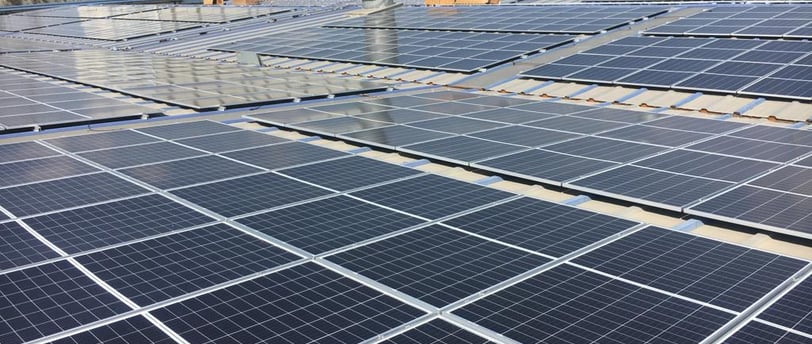Enermost | Solar Energy | Consultancy & Engineering | mail us: info@enermost.com
The Sharp Decrease in Solar Panel Prices: Is it Sustainable?
10/31/20232 min read


Over the past few years, there has been a significant decrease in the prices of solar panels, making them more affordable for homeowners and businesses alike. This decrease in prices has been driven by several factors, including advancements in technology, increased competition among panel producers, and government incentives.
However, some panel producers are expressing concerns about the sustainability of these low prices. They argue that the current market conditions are not conducive to long-term profitability and that the industry may face challenges in the future.
Prices for solar panels have fallen to a "particularly irrational" level recently, making it extremely hard for anybody across the supply chain to make a profit, Longi Solar President Li Zhenguo said during an earnings call Wednesday. "The prices were having a negative impact on the sector's sustainable development" he said.
One of the main reasons behind the decrease in solar panel prices is the rapid advancement of technology. As solar panel manufacturers continue to innovate and improve their production processes, the cost of manufacturing panels has significantly decreased. This, in turn, has led to lower prices for consumers.
Another factor contributing to the decrease in prices is the increased competition among panel producers. As more companies enter the solar energy market, they are vying for a share of the market, leading to price wars and further driving down prices.
Government incentives and subsidies have also played a significant role in making solar panels more affordable. Many governments around the world have implemented policies to promote the use of renewable energy sources, including solar power. These policies often include tax credits, grants, and other financial incentives for individuals and businesses to invest in solar panels.
While the decrease in solar panel prices has been welcomed by consumers, some panel producers are worried about the long-term viability of the industry. They argue that the current low prices are not sustainable and may lead to a consolidation of the market, with smaller producers being forced out of business.
Additionally, there are concerns about the quality of panels being produced at such low prices. Some argue that manufacturers may cut corners in order to reduce costs, resulting in lower quality and less efficient panels. This could have long-term implications for the industry's reputation and consumer confidence.
So, what will happen now? It is difficult to predict the future of the solar panel industry with certainty. While the decrease in prices has undoubtedly made solar energy more accessible, it remains to be seen whether panel producers can maintain profitability in the long run.
One possible scenario is that prices will stabilize at a certain point, allowing panel producers to continue operating and investing in research and development. This could lead to further advancements in technology and increased efficiency, ultimately benefiting consumers.
Alternatively, if prices continue to decline, we may see a consolidation of the market, with larger, more established companies acquiring smaller producers or driving them out of business. This could result in less competition and potentially higher prices for consumers.
Ultimately, the sustainability of the decrease in solar panel prices will depend on a variety of factors, including technological advancements, market dynamics, and government policies. It is a complex issue that requires careful monitoring and analysis.
